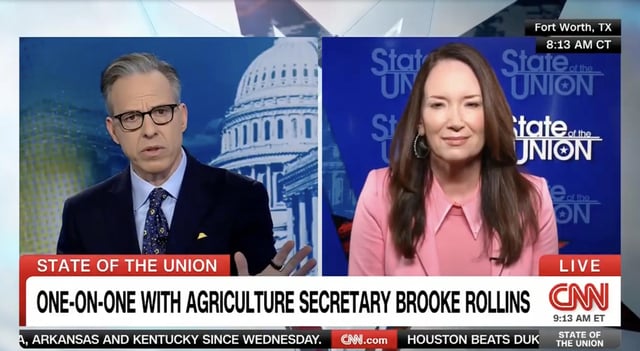Overview
- President Trump's 10% baseline tariff on nearly all imports began on April 5, with higher rates targeting specific countries set to take effect on April 9.
- The tariffs have caused $6 trillion in U.S. stock market losses, raising fears of a global recession as economists revise GDP growth forecasts downward.
- More than 50 countries, including allies like Taiwan and Israel, have contacted the White House to negotiate trade terms in response to the tariffs.
- The Trump administration has sent mixed signals about the tariffs' permanence, with officials describing them as both a negotiating tool and a long-term strategy.
- Bipartisan criticism is growing, with some lawmakers pushing for Congressional oversight of tariff powers, while global markets brace for further volatility.

